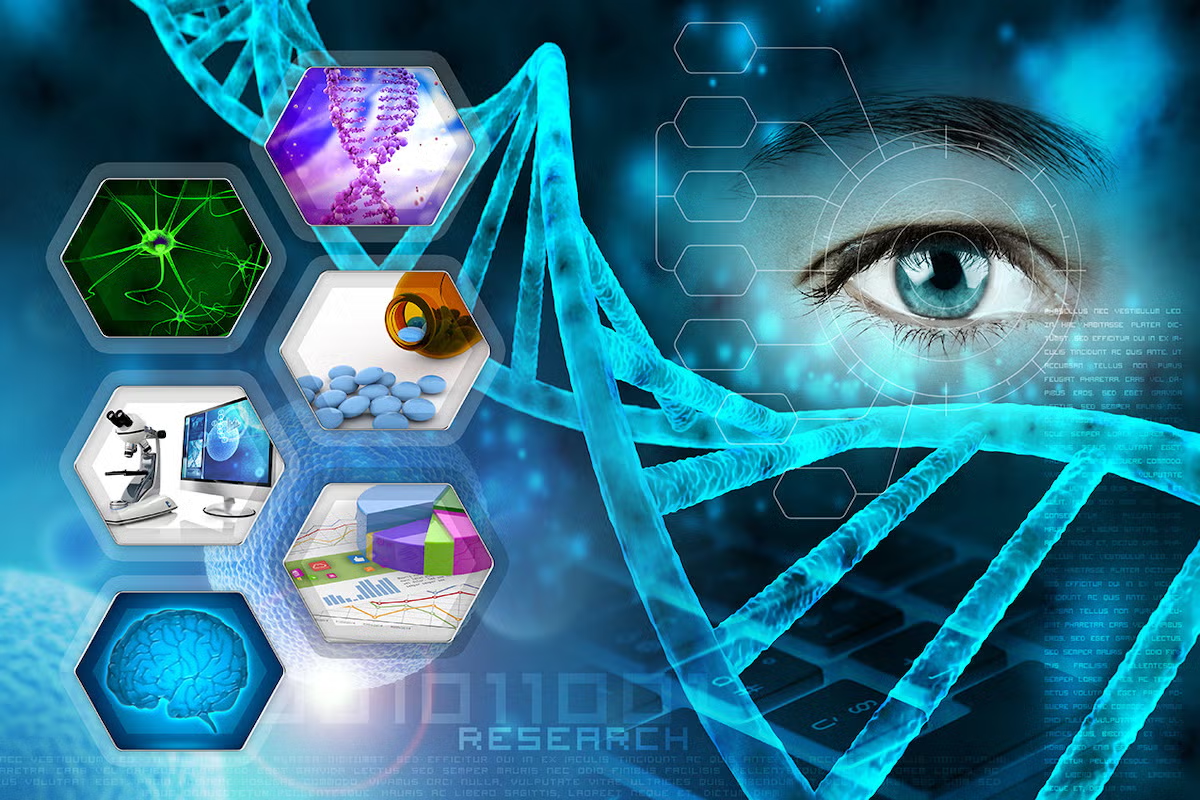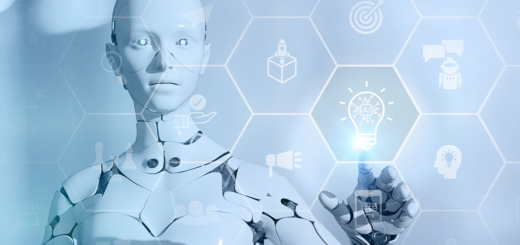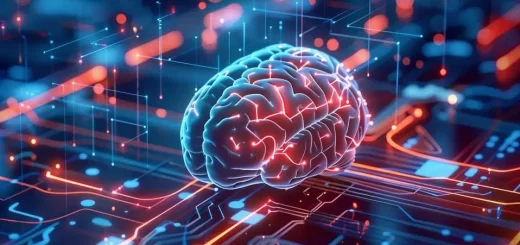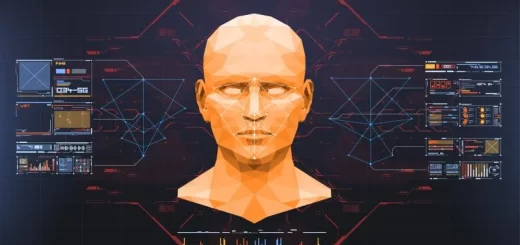Breakthrough in AI-Assisted Drug Discovery Speeds Up Medical Research

The pharmaceutical industry has long faced challenges in drug discovery, with research and development cycles often taking years or even decades before a single treatment reaches the market. However, in June 2024, AI-powered drug discovery tools took a significant leap forward, enabling researchers to design, test, and refine new drug candidates in record time.
The integration of self-learning AI models, molecular simulations, and AI-assisted clinical trial predictions allowed scientists to rapidly identify promising compounds, predict their effectiveness, and optimize drug formulations with unparalleled accuracy. These advancements were not only accelerating medical research but also reducing costs and increasing accessibility to life-saving treatments.
How AI Was Transforming Drug Discovery and Development
Traditional drug discovery involved trial-and-error experimentation, high laboratory costs, and years of clinical testing, making it an incredibly slow and expensive process. AI-powered drug discovery tools introduced a paradigm shift by:
- Analyzing vast biological and chemical datasets – AI models processed millions of molecular structures, identifying potential drug candidates within minutes.
- Predicting drug interactions and side effects – AI-powered simulations forecasted how different compounds would interact with the human body, minimizing the need for early-stage animal testing.
- Designing optimized drug formulations – AI-assisted tools adjusted molecular structures to improve drug efficacy, stability, and bioavailability.
These innovations streamlined the drug discovery pipeline, reducing development timelines from years to months.
Fields Rapidly Integrating AI in Drug Development
The potential for AI-driven drug discovery was being explored across multiple fields, where rapid medical advancements were critical.
1. AI in Cancer Treatment Research
- AI-assisted models analyzed genetic mutations in tumors, identifying new targeted therapies for precision medicine.
- AI-driven drug simulations helped researchers discover compounds that could attack cancer cells while minimizing harm to healthy cells.
2. AI in Neurological and Psychiatric Drug Development
- AI models were being used to design new treatments for Alzheimer’s, Parkinson’s, and other neurodegenerative diseases by analyzing protein misfolding and brain cell interactions.
- AI-assisted diagnostics helped identify biomarkers for mental health disorders, leading to the development of personalized psychiatric medications.
3. AI in Antibiotic and Antiviral Research
- With antibiotic resistance becoming a growing global issue, AI-driven platforms identified new antibiotic compounds to fight drug-resistant bacteria.
- AI-assisted antiviral research accelerated the discovery of new treatments for emerging viral diseases, improving pandemic preparedness.
These advancements demonstrated how AI was revolutionizing pharmaceutical innovation across various medical disciplines.
Challenges and Ethical Considerations in AI-Driven Drug Discovery
While AI-powered drug development offered immense potential, it also raised several challenges that needed careful consideration.
1. Data Accuracy and Reproducibility Concerns
- AI-driven drug candidates needed thorough validation through laboratory testing, ensuring that AI predictions translated into real-world effectiveness.
- The pharmaceutical industry worked to standardize AI models, preventing inconsistencies in medical research.
2. Ethical and Regulatory Challenges
- AI-assisted drug development introduced concerns about intellectual property ownership, raising questions about whether AI-discovered drugs should be patented.
- Regulatory bodies were working to establish new approval frameworks for AI-generated pharmaceuticals, ensuring safety and transparency.
3. Bias and Inclusivity in AI Medical Models
- AI drug discovery models were trained on existing medical datasets, which often lacked diversity in genetic, ethnic, and demographic factors.
- Researchers were working to expand dataset inclusivity, ensuring AI-driven treatments benefited a broader range of populations.
These challenges underscored the importance of ethical oversight and careful implementation of AI-driven medical research.
What’s Next for AI in Pharmaceutical Research?
With AI continuing to transform medical research, future advancements were expected to include:
- AI-powered virtual clinical trials – AI models would simulate patient responses, reducing the time and cost of traditional clinical trials.
- Personalized AI-generated drug formulations – AI-driven tools would allow customized medication adjustments based on an individual’s genetic profile.
- Quantum computing integration in drug simulations – AI and quantum computing would enable hyper-accurate molecular modeling, further accelerating drug design.
These developments positioned AI as a revolutionary force in the future of pharmaceutical innovation, bringing faster, safer, and more efficient medical advancements.
A Defining Shift in Medical Research
The adoption of AI-driven drug discovery models in June 2024 marked a pivotal moment in how medical treatments were developed and tested. What once took years of expensive laboratory trials was now being accomplished in months with AI-assisted molecular modeling and predictive analytics.
However, as AI became more integral to drug development, ensuring regulatory compliance, ethical implementation, and scientific reliability remained critical. Moving forward, the fusion of AI with pharmaceutical research would define the next era of medical breakthroughs.




